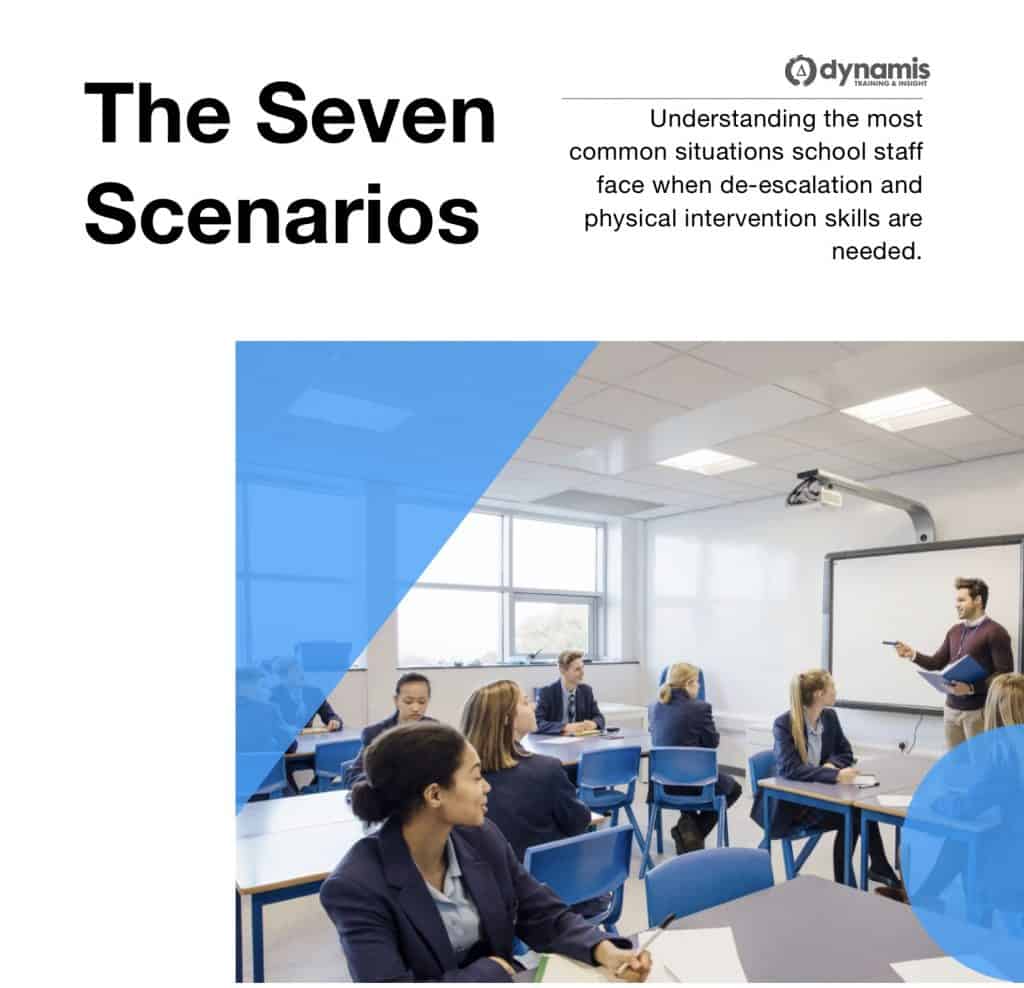“This was the first time that a positive handling course at this school has been so beneficial. Previous training was not at all at this level and this course exceeded my expectations! The legal part of the course in the morning was very useful and the hands-on training was brilliant. Thank you so much – brilliant day!”
Every now and then we like to let you know how learners are getting on with our training courses in positive handling – here is some feedback from a Special Primary School in London with 40 children with varying special needs and challenging behaviour. The team we worked with has used a variety of training providers in the past such as Team-Teach and Positive Options (MAPA) – both BILD accredited training organisations.
Unfortunately, according to the experienced and very professional head-teacher at this special school, the previous instructors they had been sent from those companies were not confident physical skills instructors and could not actually provide her with the concrete, robust advice she was looking for in terms of how her staff could actually manage some of the more physically dangerous scenarios which invariably happen in her environment.
This is an issue with many Restrictive Interventions training companies today; their trainers are mere ‘parrots’ who reproduce only the limited material which has been written for them in a training manual. They have little practical experience of putting the material they are teaching to work in real, operational environments in pressurised dynamic scenarios which require rapid decision making. Only by ‘working the material’ will a trainer actually have the confidence needed to answer your staff team’s questions about the operational contingencies and the risks attending to physical engagements.
PARROT TRAINERS
You can recognise a Parrot Trainer because your staff will not get satisfactory answers to operational/tactical questions they are asked. The trainer will not be able to apply principle-based answers to the questions posed to them, instead relying on narrow or evasive answers, trying to make square shapes fit into round holes, when in fact a ‘systems approach’ and a broader viewpoint is needed. A ‘systems approach’ will take into account a full range of risks and possible courses of action and attempt to navigate them with a careful eye on the core principles of law and guidance. A parrot trainer will not often be able to use the phrase “In my experience” truthfully in answering a question about physical confrontations. They will have to rely on a manual, a written answer, if one exists.
Few Parrot Trainers have the broad understanding needed to think critically about the tactics they are teaching and how the legal, biomechanical/neurological, psychological or emotional context applies to them.
The result is this – in the room with a Parrot Trainer, your staff will not trust the material they are being taught and will mentally disengage from the whole question of physical interventions.
BEHAVIOUR AT THE CORE OF TRAINING DESIGN
At Dynamis, all of our trainers are standardised on a Behavioural Model of dealing with confrontations which we call the 9 Attitudes. The model is entirely consistent with the requirements of the law in terms of using physical force and managing operational risk, used in a step-by-step manner to guide your practitioners to better decisions about dealing with conflict. These attitudes which are core for our trainers mean that our training addresses your team’s needs Physically, Psychologically and Emotionally.
Our trainers are also steeped in a culture of responsibility, meaning that they will not give advice to your teams if they are not as certain as they can be that the advice is both legally defensible and tactically sound for all concerned. This culture of responsibility extends to tactics and techniques – all of our trainers have experience of dynamically ‘working’ the tactics with resistant subjects. Although this experience may only be under the controlled conditions of one of our Scenario-Replications, I would be happy to guarantee that it is still a long way from the benign, static environments which would seem to constitute most companies’ tactical due-dilligence.
At Dynamis we are not Parrots, we are trainers, advisers and guides with expert knowledge of our subject – this is what I believe drives such positive feedback from our courses, as you can read below.
- Physical aspects were most interesting; which holds to use as appropriate and that they can be used interchangeably and as necessary. The swimming pool incident and key issues you raised as you related that story was very relevant. Exceeded expectations.
- Practical skills were very interesting but I enjoyed the whole course as it was very informative.
- The morning session provided the legal framework for our practice. Very simple and clear and will be easy for us to put the principles into practice in our school. Thanks!
- Excellent training thanks so much! Definitely would recommend this training to others.
- This was a very interesting course and will be very useful at our school!
- Brilliant course. Feel so much more confident about physical handling!
- Very informative and applicable training, very useful to be put into a legal framework. Thank you!
- An excellent and informative course – thank you!
- Thanks so much! Really excellent and exactly what we needed.
To book a course with us or to talk to one of our team about your needs, please use the contact links above.
Gerard O’Dea is a conflict management, personal safety and physical interventions training consultant. He is the training director for Dynamis, a specialist provider of personal safety and violence management programmes and the European Adviser for ‘Verbal Defense and Influence’, a global programme which addresses the spectrum of human conflict. www.dynamis.training




